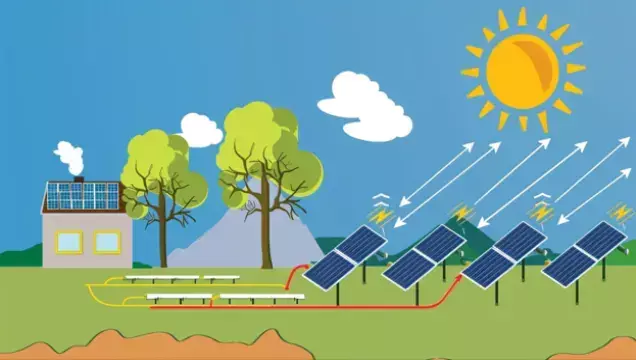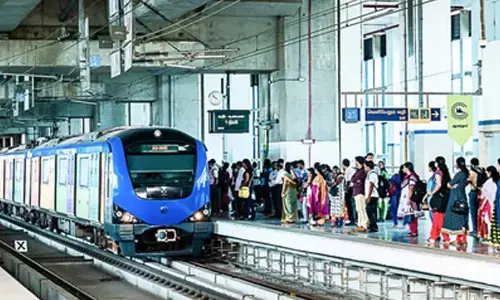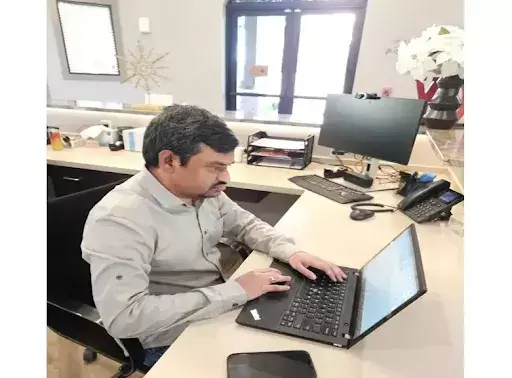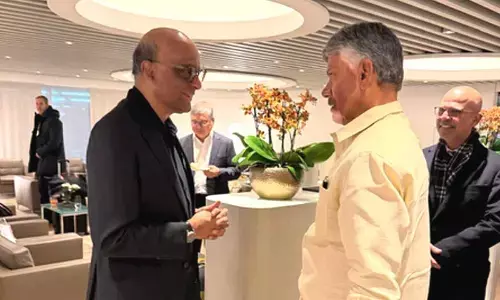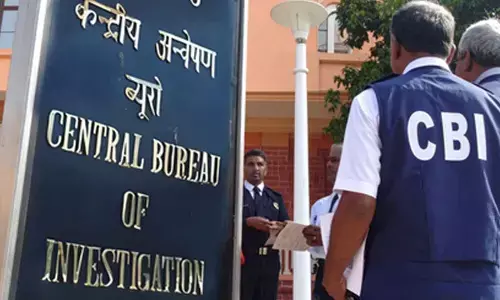What went wrong with Vodafone Idea?
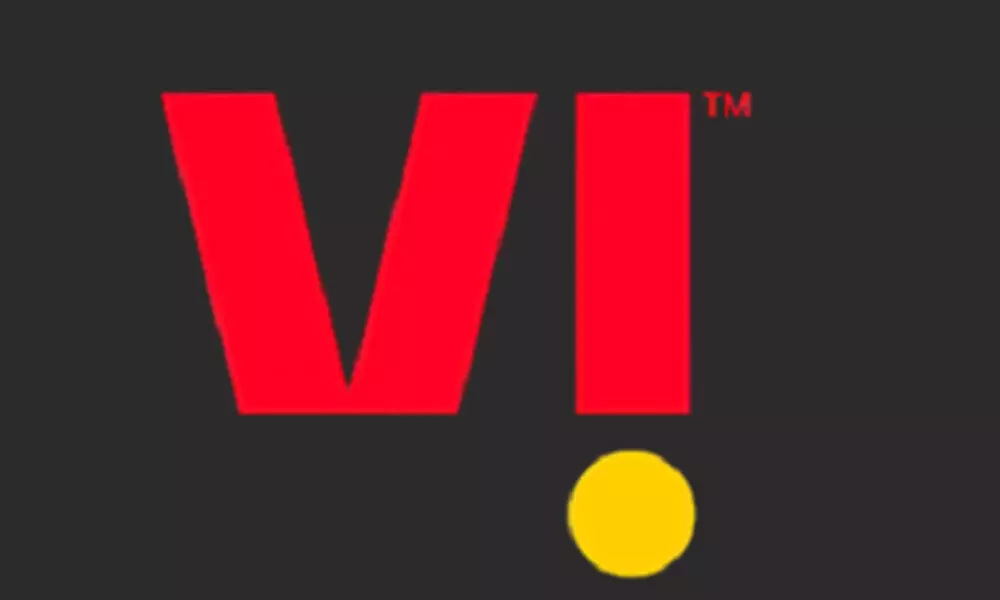
What went wrong with Vodafone Idea?
The co-promoters of VI have to put their own efforts to come out of the woods before banking on investors/ TRAI/DOT
India is the world's second largest telecom market. Telecom infrastructure is at a centre stage for all the sectors. Of late this sector is experiencing turbulence. It has not witnessed new telecom service providers (TSP) for a decade, while many existing operators are withering away resulting in the market being controlled by just a few.
Britain's Vodafone and India's Idea had been two strong telecom players in our country. They merged in 2018 to form Vodafone Idea (VI). Vodafone group and Aditya Birla group own 44.39 per cent and 27.66 per cent stakes in VI. It has a customer base of 27 crores. Vodafone has won a decade long legal battle with Government of India (GOI) as the Singapore seat of permanent court of Arbitration, Hague, struck down GOI's demand for RS 20,000 crores to be paid as retrospective taxes by VI.
Although this is a win for VI, the company is being plagued by other issues as follows:
♦ Reliance JIO is the first player to bring VOLTE (Voice over LTE). LTE (Long Term Evolution) is 4G technology. It took a longer time for VI to launch VOLTE and 4G and in that process it lost many subscribers.
♦ JIO brought a major disruption to India's telecom market by providing freebies in the first six months. Because of the competitive tariff structure of JIO, other TSPs were forced to match their tariff. VI is lagging amongst its peers in Average Revenue per User (ARPU). In Q4 of financial year 20-21, its ARPU was RS 107 against RS 138 for JIO and RS 145 for Airtel. As a result of such price wars and fierce competition in the industry, its cash reserves got depleted.
♦ Department of Telecom (DOT) collects Licence Fee (LF) and Spectrum Usage Charges (SUC) as a percentage of AGR (Adjusted Gross Revenue). There was a dispute between DOT and TSPs on the interpretation of AGR. DOT contention was that the total revenue of the TSP (including the revenue earned from other than telecom operations) should be taken into account for the computation of AGR. However, TSPs stand was that only telecom revenue should be considered. Until the case was pending in the Supreme Court (SC), operators were paying LF and SUC on AGR computed only on telecom revenue.
As per the SC verdict, the TSPs were ordered to pay LF and SUC on AGR computed on total revenue. They also have to pay AGR dues retrospectively along with interest. Vodafone/Idea should have made a provision for this additional payment anticipating unfavourable SC judgement. Surprisingly, their auditors have also not pointed out the same. SC has given ten years duration to telecom firms to pay the AGR dues. Currently, VI owes a sum of RS 40,000 crores to GOI which led to massive downfall in its credit rating.
♦ The share price of the company dipped by 15 per cent after it suffered a loss of RS 6985 crores in the Q4 of 20-21. It reported a negative net worth of RS 38,228 crores. Its cash balance stood at RS 350 crores on 31.03.21.
♦ Amidst the lockdown during the second wave of Covid-19 in Q1 21-22, subscriber additions were impacted and Validity Extensions were given which will affect ARPU.
♦ In the Telecom sector which has cut throat competition, the operator has to constantly expand the network, upgrade the capacity and induct new technology to improve the quality of service for which Capital Expenditure (Capex) has to be incurred. Otherwise customers will migrate to other TSPs through Mobile Number Portability (MNP). During the quarter ending in March 21, Vodafone Idea Capex was only at RS 1,540 crores against RS 6,847 crores by Airtel and RS 5,754 crores by JIO.
♦ Last week VI reportedly breached its loan agreement with lenders. Its efforts to raise RS 25,000 crores by way of equity and debt have pushed it into a complex loop of conditionality. Further, its poor financial health is hampering its efforts to attract potential investments for its much needed capital infusion.
♦ Financial analysts estimate that VI has to raise around RS 70,000 crores in equity. Without capital infusion, VI's ARPU should become twice the current level for it to have free cash flow.
♦ As a separate development, GOI has challenged verdict of Hague court. If GOI wins, there will be a further setback to VI.
The 'Ideas' for way forward which could help VI to revive itself are as follows:
♦ The co-promoters should themselves initiate some capital infusion so that the comfort level of investors is boosted.
♦ VI is expecting to monetize its assets, fixed landline broadband subsidiary, optic fibre unit, data centre business and land parcels that were bought for data centres, to raise about RS 10,000 crores. It wants to go with 'sell and lease back' deal for its fibre assets to use them in future.
♦ With 'below the cost tariff', TSPs will not be able to survive. TSPs (other than JIO) have requested Telecom Regulatory Authority of India (TRAI) to introduce 'Floor Pricing', to protect them against predatory pricing. In deciding the Floor Price, the cost of service will be factored in. Floor pricing in a market becomes necessary due to the presence of operators with deep pockets. Such operators by offering predatory tariff attract customers from other operators monopolizing the competition. After other operators exit the market, they could increase the tariff causing inconvenience to the customers. To thwart such an unfair practice, the sector regulator, TRAI, has to take a call on the Floor Pricing policy. If this policy is implemented the TSPs will have assured ARPU. They can offer competitive tariff which will be above Floor Pricing. There will be fair competition and TSPs will not be cash trapped. This will ensure enough funds for expansion/up-gradation of the network, thereby improving the quality of service benefitting the customers. Investors believe that unless there is a significant increase in tariffs, the health of VI will not recover and they will incur a loss on their investments.
♦ VI requested DOT a duration of another year to remit spectrum payments of RS 8,292 cores which are due in March '22 as it is not generating adequate cash from operations and AGR payments are siphoning away its liquidity. DOT should consider their request favourably charging interest for the delayed period.
Four viable operators playing in this vital sector would be an ideal business model which would avoid monopoly and ensure fair competition. One of them should preferably be a PSU. To reiterate, the co-promoters of VI have to put their own efforts to come out of the woods before banking on investors/ TRAI/DOT. Let us hope that JIO, Airtel, VI and BSNL/MTNL will emerge as strong and dynamic operators competing not only in tariffs but also in the quality of service, thus benefitting the customers who deserve nothing less than world class telecom service.
(The author is retired Advisor, Department of Telecommunications (DOT), Government of India)








